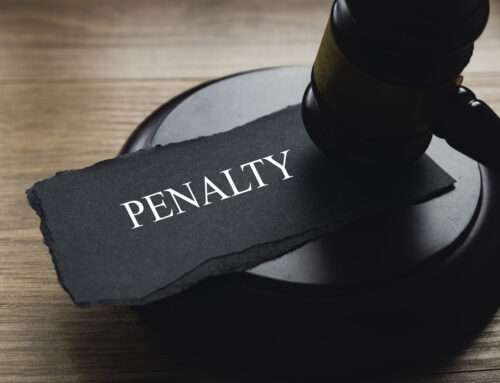In the case of Jasper & Corrigan (2) [2007] FCCA Judge Altobelli considered whether recordings of discussions made by the Applicant about the nature of her relationship with the Respondent could be admitted into evidence. The Applicant claimed that the recordings were relevant to determine whether the parties were in a de facto relationship.
The Respondent contended that the recordings were obtained without his knowledge. He claimed that they were illegally obtained and therefore should not be admitted into evidence. The Commonwealth Evidence Act prohibits the admission of evidence that has been obtained in contravention of an Australian law.
The Applicant’s position was that the audio recordings fell within an exception to the relevant legislation and therefore were not illegally obtained.
Because the recordings were made in NSW, the relevant legislation was the Surveillance Devices Act 2007 (NSW). Section 7 of that Act prohibits the recording of a private conversation to which the person is a party. However section 7(2) provides that the prohibition does not apply in circumstances where the recording was reasonably necessary for the protection of the lawful interests of that party.
At paragraph 17 His Honour stated as follows:
The lawful interest that she was seeking to protect was her belief in a certain status of the relationship with the respondent in which she bore his daughter and during which she maintained that he had said and did things that lead her to believe that their relationship had a certain status which enjoyed a certain protection at law. Does she have a lawful interest to protect? The Court believes that she does.
Orders were then made permitting the Applicant to provide the Respondent with the audio recordings of no more than 6 relevant conversations and directing the Applicant to file an affidavit attaching transcripts of the recordings.
While the Applicant relied upon the Surveillance Devices Act 2007 (NSW) to admit the recordings into evidence. It is important to remember that the Court also has the discretion to admit into evidence secretly obtain recordings pursuant to section 69ZT of the Family Law Act. Section 69ZT confirms that the rules of evidence do not apply to child related matters unless the Court decides.
In Queensland it is lawful to record a conversation without the knowledge of the other party provided that the party making the recording is a party to the conversation. However the fact that the recording was legally obtained should not be the end of the enquiry when considering whether or not the recording should be used in family law proceedings. There are also the following important matters to consider:
- When one party introduces recordings as evidence in proceedings the Court is well aware that the person recording the conversation is on their best behaviour while the other party has no knowledge that they are being recorded. This may affect the weight given to the evidence and the evidence may to be viewed as an artificial representation of reality.
- You need to consider what the evidence will achieve. At best you may be able to prove your version of events or catch the other party making a false statement which may be important in your case. However it may also lead the Court, particularly in parenting disputes, to form a view that the party recording proceedings is engaging in conduct that is likely to increase the conflict between the parties.
- It is often the case that clients consider their recordings are evidence of the bad character of the other party. More often than not it can be evidence of bad conduct by both parties. The Court looks favourably on parents who proactively co-operate with the other parent in relation to their children. Producing evidence of recordings secretly obtained does not demonstrate a genuine desire to co-parent effectively and may do more harm than good to your case.
- The content of the recording may not be relevant to any issue before the Court and therefore not admissible.
- Once you have provided a recording to your lawyer they may have an obligation to disclose that recording to the other party regardless of whether or not it is detrimental to your case. You have an obligation to disclose all material relevant to the issues in dispute before the Court.
It is important to remember that it is possible for recordings of private conversations to end up as evidence before the Court. You need to be careful what you say to your partner both during and after the relationship. If you are the person recording the conversations, you need to be careful that the evidence obtained does not reflect poorly on your own character as the person who recorded a conversation without the knowledge of the other party. It also may be illegal to secretly record a conversation depending on the circumstances and which State or Territory the recording was made.
If you need clarification in relation to this issue or your family law matter generally, please contact us and book in for an initial consultation with one of our solicitors today.





